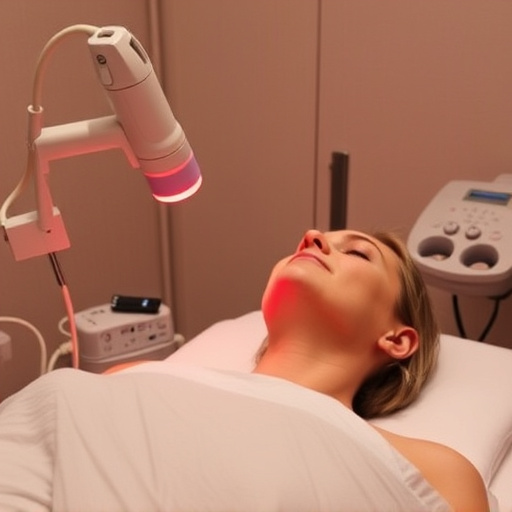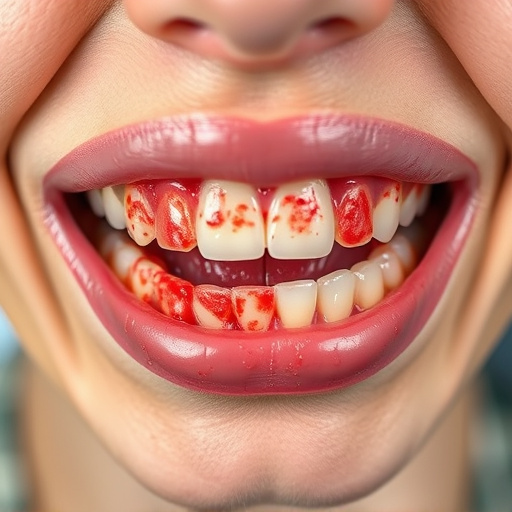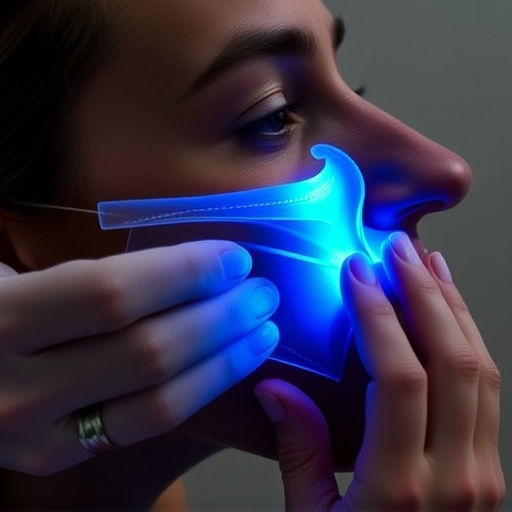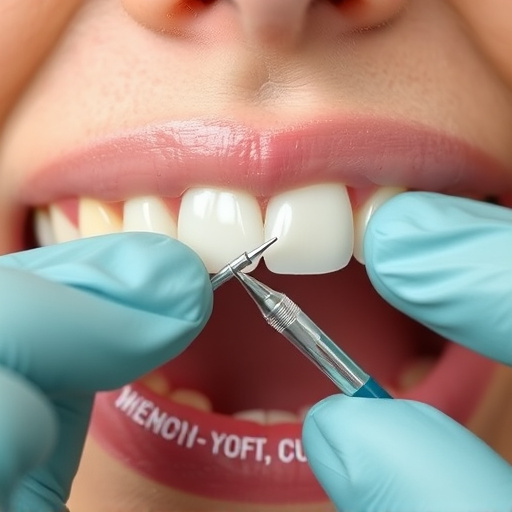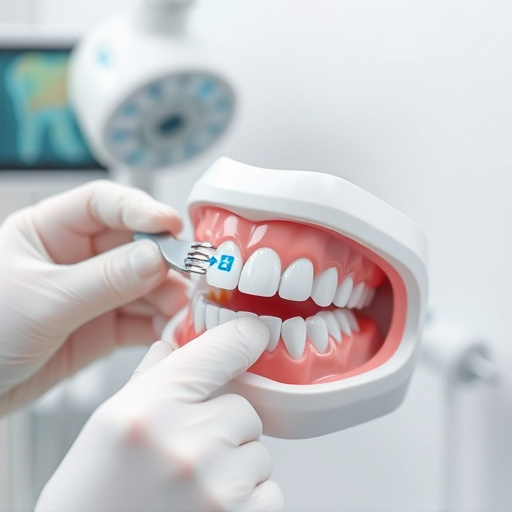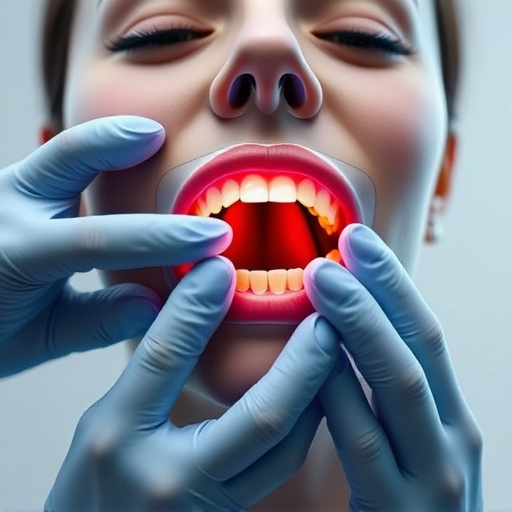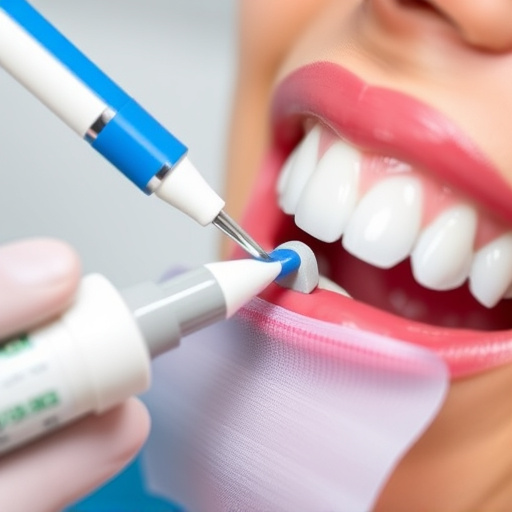Bad breath, caused by various factors like food, dry mouth, and poor hygiene, can be treated through identifying triggers, improved oral care, dental exams, and procedures like implants or wisdom tooth removal. Effective bad breath treatment focuses on personalized hygiene, regular check-ups, and simple lifestyle changes to maintain fresh breath and overall oral health.
Tired of embarrassing moments due to bad breath? It’s time to take control! Our comprehensive guide offers expert insights into ending breath embarrassment forever. We delve into the root causes, from dietary triggers to hidden health issues, and present effective treatment options for lasting fresh breath. Learn professional tips for maintaining oral hygiene and boosting confidence in social situations. Discover the secrets to bid farewell to bad breath once and for all!
- Understanding Bad Breath Causes and Common Triggers
- Exploring Effective Treatment Options for Long-Lasting Relief
- Expert Tips for Maintaining Fresh Breath and Boosting Confidence
Understanding Bad Breath Causes and Common Triggers
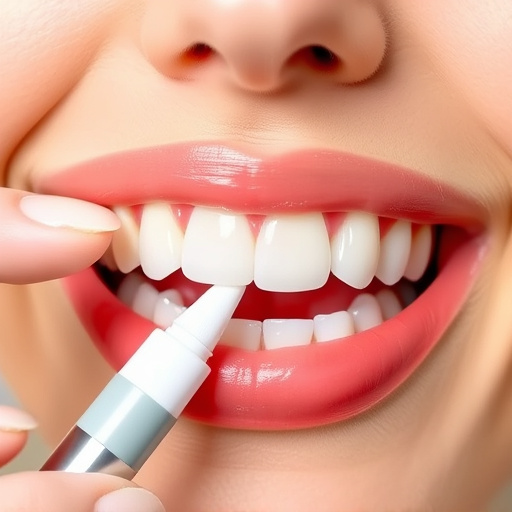
Bad breath, or halitosis, can be a persistent and embarrassing issue with various potential causes. Understanding what leads to this problem is the first step in finding effective bad breath treatment. Common triggers include certain foods and beverages, such as garlic, onions, and coffee, which can leave a lingering odor on your breath. Dry mouth, often caused by inadequate saliva production or specific medications, can also contribute to bad breath.
Additionally, dental hygiene habits play a significant role in maintaining fresh breath. Poor oral care, like missing toothbrushing or not flossing regularly, allows bacteria to flourish in the mouth, resulting in foul-smelling breath. Even certain dental procedures like wisdom tooth removal or the fitting of clear aligners or dental crowns can temporarily disrupt normal breathing patterns and lead to temporary halitosis. Identifying these triggers is crucial in addressing and managing bad breath effectively through appropriate oral hygiene practices and, if necessary, seeking professional dental care for more persistent cases.
Exploring Effective Treatment Options for Long-Lasting Relief
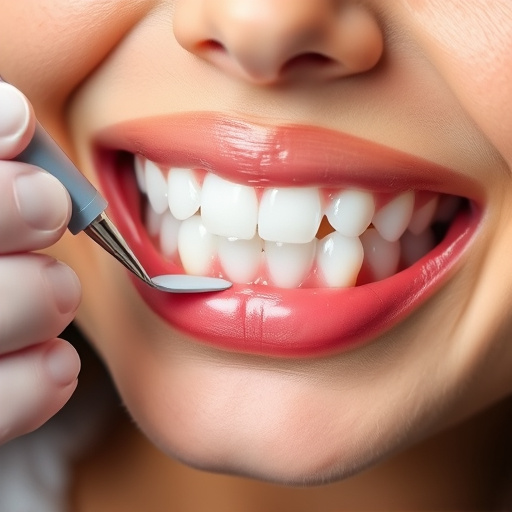
When it comes to tackling persistent bad breath, exploring effective treatment options is a crucial step towards finding lasting relief. Many people suffer from this embarrassing issue, often caused by various underlying factors such as poor oral hygiene, dental issues, or systemic health problems. The good news is that modern dentistry offers a range of solutions tailored to individual needs.
One popular option is a comprehensive oral examination at a family dentistry clinic, where professionals can identify the root cause. This may include procedures like dental implants for missing teeth, which not only restore a beautiful smile but also address the potential sources of bad breath. Additionally, preventive dentistry plays a significant role in managing this condition. Regular cleaning and check-ups can help maintain oral health, while specialized treatments like tongue scraping or periodontal therapy can target specific areas contributing to persistent bad breath.
Expert Tips for Maintaining Fresh Breath and Boosting Confidence
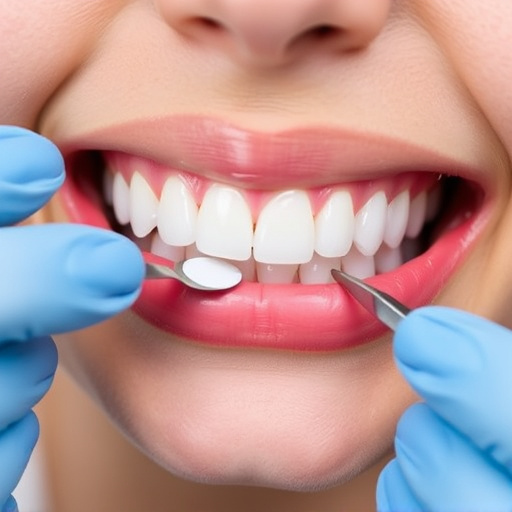
Maintaining fresh breath isn’t just about eliminating odor; it’s a significant boost to your confidence and overall well-being. An expert bad breath treatment should include personalized tips for daily oral hygiene that go beyond basic brushing and flossing. Start with routine oral exams, where your dentist can identify any underlying issues like gum disease or dry mouth, both of which are common causes of persistent bad breath. Regular cleaning and dental crowns when necessary can significantly improve your oral health and freshen your breath.
Beyond the dentist’s office, simple yet effective habits such as staying hydrated by drinking plenty of water, using a tongue scraper to remove bacteria buildup, and avoiding certain foods known for causing sulfur compounds (like garlic and onions) can make a big difference. Additionally, wisdom tooth removal may be recommended if impacted teeth contribute to bad breath. Incorporating these practices into your daily routine ensures not just the absence of unpleasant odors, but also long-term dental health.
Bad breath can be a sensitive issue, but with expert guidance and the right treatment options, it’s time to embrace a confident smile. By understanding the causes and exploring effective remedies, you can bid farewell to embarrassment and greet others with fresh breath confidence. Implement the expert tips for maintenance, and you’ll enjoy lasting relief, ensuring your breath remains as refreshing as your outlook. Remember, treating bad breath is not just about oral health; it’s a step towards enhancing your overall well-being and social interactions.






